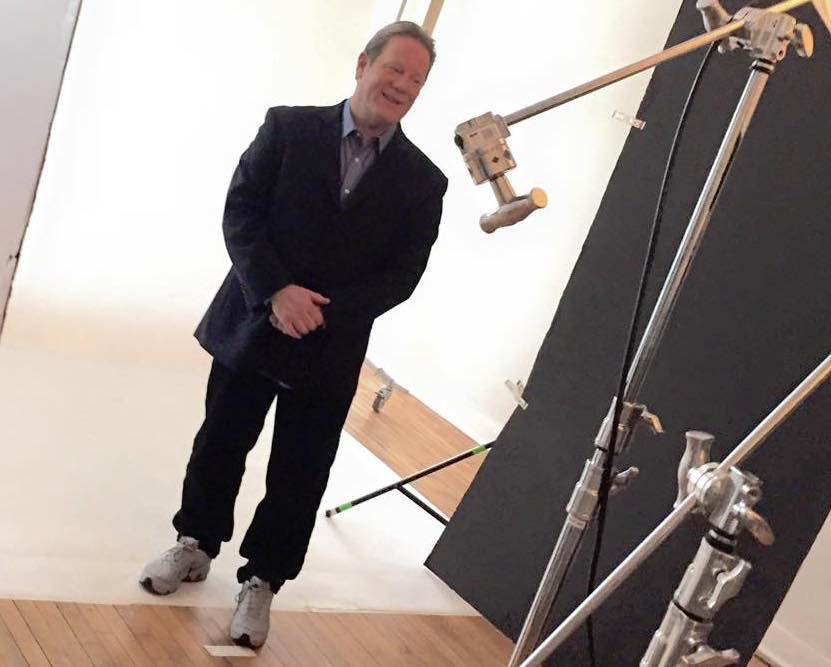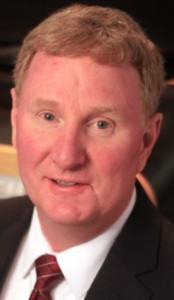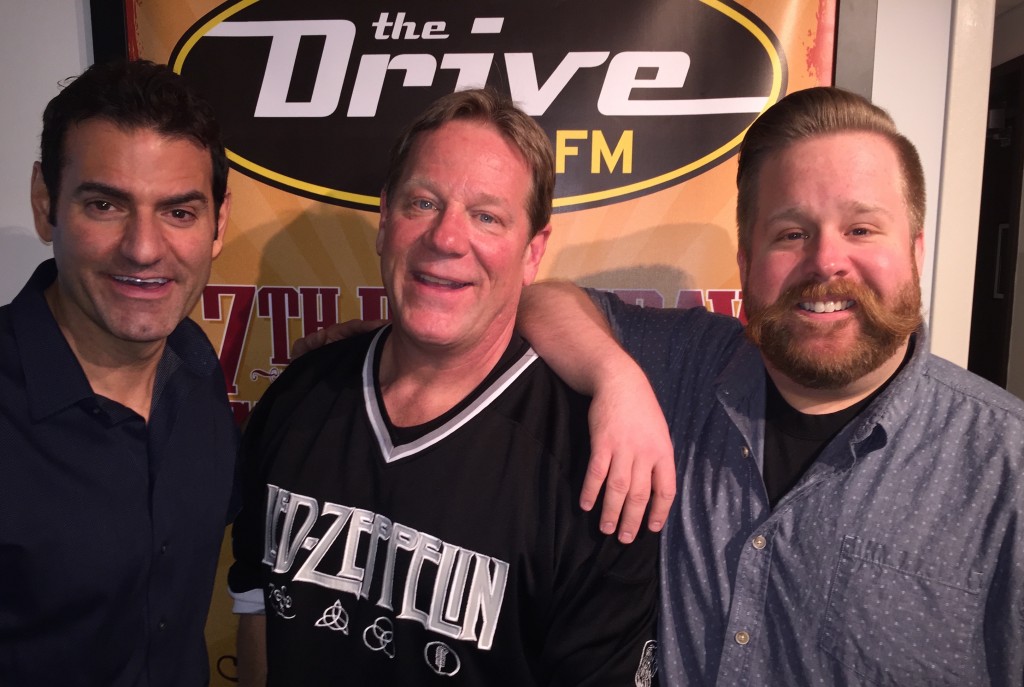Following a 10-day time-out for bad behavior, veteran Chicago radio personality Dan McNeil returned to Hubbard Radio classic hits WDRV FM 97.1 on May 23. But since then, you’d hardly know he’s back.
To listeners of the morning show he had co-hosted with Pete McMurray since March 2015, McNeil has become a nonentity. These days he turns up once an hour to deliver a straight three-minute sportscast — and that’s it. He is never mentioned during the rest of the show, and he no longer interacts with McMurray or producer Scott Miller, who has assumed a larger role on the air since McNeil was cut back.
With McNeil, 54, believed to be pulling down $250,000 a year, it’s a cinch he’s making more per minute of airtime now than anyone else in town.
If Hubbard Radio is trying to get him to quit by turning him into “The Invisible Man,” the strategy isn’t working so far. As long as the mercurial McNeil keeps his cool and continues showing up to do his hourly sports reports, he will continue collecting his paycheck. The company could always buy out McNeil’s contract and send him home, but his bosses may be reluctant to do that as long as his association with The Drive can still generate revenue.
 “Dan’s a well-known personality in the marketplace,” one insider said. “He's still worth money to us because of the advertisers and the sponsorships he brings to us. He does have a lot of people that like him in this market.”
“Dan’s a well-known personality in the marketplace,” one insider said. “He's still worth money to us because of the advertisers and the sponsorships he brings to us. He does have a lot of people that like him in this market.”
To others it’s clear that McNeil and The Drive are on a slow-motion collision course.
The dispute became public last month after Hubbard Radio forced out longtime corporate programming chief Greg Solk, the Chicago radio legend credited with creating The Drive and recruiting McNeil and McMurray as the morning team. McNeil was told he couldn’t talk about his friend Solk’s departure on the air, sending him into a rage against program director Rob Cressman.
“The whole thing was totally unnecessary and terribly mishandled,” said a witness to the hallway confrontation. “If they’d just let Dan say a few words about Greg at the end of the show, probably no one would have heard it and no one would have cared. . . . They had to know it would set him off — and that’s just what happened.”
The combination of McNeil’s famously foul temper and his growing frustration with the direction of the show came to a head that Thursday morning, May 12. Meetings with management ensued, and McNeil was off the air the next day and the whole week after that. He also was conspicuously absent from The Drive’s 15th Birthday Concert May 20 at the Rosemont Theatre, the station’s premier event of the year.
For once the normally talkative McNeil isn’t talking. Like everyone else at The Drive, he’s now under orders not to communicate with the media. While the muzzling of employees may be standard procedure for repressive companies like iHeartMedia or Cumulus Media, it’s unusual for Hubbard Radio, long known for openness and honesty with the press.
John Gallagher, vice president and market manager of Hubbard Radio Chicago, insisted that the “no comment” edict is nothing new. “I tell everybody — and they've known that from the day I walked in the door — that you don’t disclose internal information to anyone outside of the building about what’s going on here without clearing it with management,” he said.
Gallagher downplayed the issues with McNeil, saying The Drive was working on finding “the right mix of personality and music” for its morning show. The personality part is down and the music part is up, he acknowledged, but that could change.
“Right now we have a golden opportunity to increase ratings on The Drive,” he said. “And we’re gonna try some different things and do some different things to make that happen. During the experiment, the last thing I want to do is give my competitors a heads up on what we’re trying to do. I’d rather keep them guessing.”
The pairing of McNeil and McMurray, two Chicago radio pros who’d never worked together, was a risky proposition from the start. It marked a clear shift from the music-intensive morning show that defined the station for 14 years. “The Drive has maintained a dominant classic rock position in the market for many years,” Gallagher said at the time. “The departure of [former host] Steve Downes offered us the opportunity to reevaluate our mission and once again bring something unique to mornings.”
By the two metrics that matter most — revenue and ratings — it's been a bust.
Last year revenue for The Drive dropped 11.2 percent to $12.1 million, the sharpest decline for any of Hubbard Radio’s three Chicago stations. (Hot adult-contemporary WTMX FM 101.9 remains the company’s cash cow, with revenue up 3.1 percent to $31.8 million.)
Ratings for the morning show under McNeil and McMurray have been especially disappointing. In the last Nielsen Audio survey, The Drive ranked eighth overall with a 3.4 percent share of all listeners, while mornings tied for 15th with a 2.5 share. In the target demographic of men between 25 and 54, The Drive ranked second overall with 5.0 share while mornings were ninth with a 3.6 share.
A new Nielsen Audio survey, covering the period from April 21 to May 18, will be released Tuesday. Of the ratings, Gallagher said: “We’re monitoring them very closely.”




